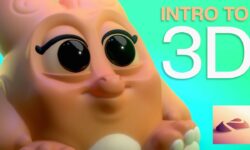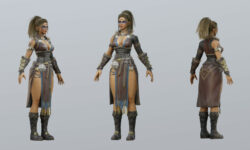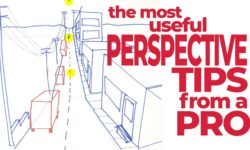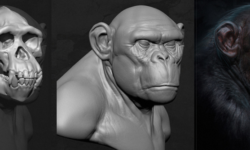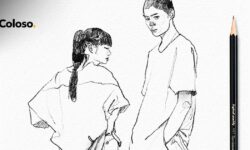Efficient Techniques for Building 3D Environments
Release date:2022
Author:James Miller
Skill level:Beginner
Language:English
Exercise files:Yes
Learn a variety of efficient industry-proven techniques for creating a range of 3D environment styles in this 3-hour workshop by James A.J. Miller, Environment Artist at DreamWorks Animation.
The workshop begins with a demonstration of a large 3D city environment in a desert setting. This type of scene offers a great opportunity for James to cover the importance of Triplanar materials, take a look at Houdini’s Terrain tools, look at modeling to shot requirements, as well as scattering in Clarisse. This then sets things up perfectly to lead into AOVs in Nuke, where James dives into an explanation about what they are, and how artists can use them to their advantage. He demonstrates how to install Gizmos as well as his best practices for when to use AOVs in Nuke before returning back to a shot and finishing off a composite.
The proceeding section takes a break from shot work to introduce the topic of photogrammetry in 3D environment building, and how to use it effectively. This demonstration walks through an environment scan using Agisoft Metashape.
Up next, James opens up SpeedTree to walk through his “Mothertree” shot, which makes use of the new SpeedTree for Clarisse plug-in. He additionally animates atmosphere using Houdini, which can be taken back into the scene in Clarisse for added impact and realism.
Moving on, the workshop details some of James’s top tips, tricks, and shortcuts that he uses regularly in production to speed up the modeling and texturing, particularly for city environments, with the end goal being to build a scene that utilizes all of the assets with textures applied in Clarisse. This project is then used as a launching point for James’s final shot: “The Squatter Village.”
This workshop offers a great opportunity to learn how to create AOVs and even write your own, using Light Path Expressions. The closing chapter looks at how to deal with heavy renders, as well as how to use different projection techniques to help avoid rendering more than you need to in 3D.
Project files are included with this workshop.



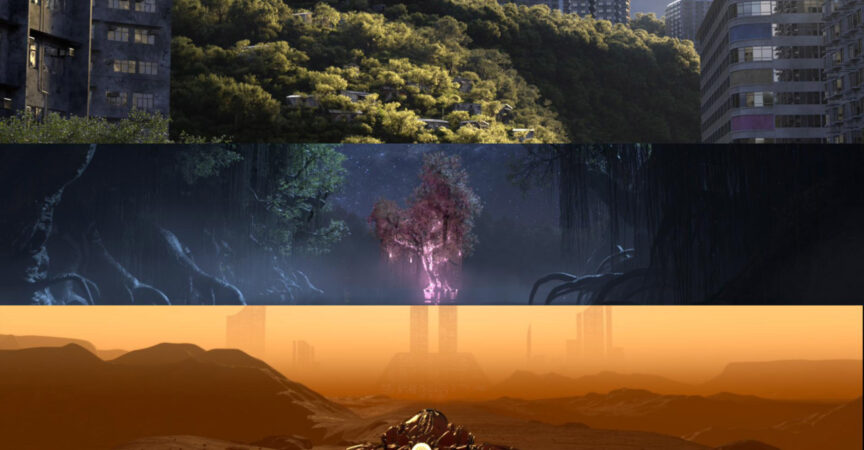
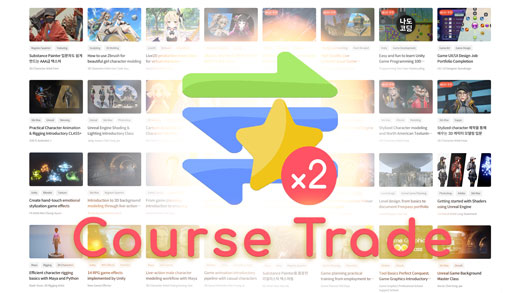
 Channel
Channel
